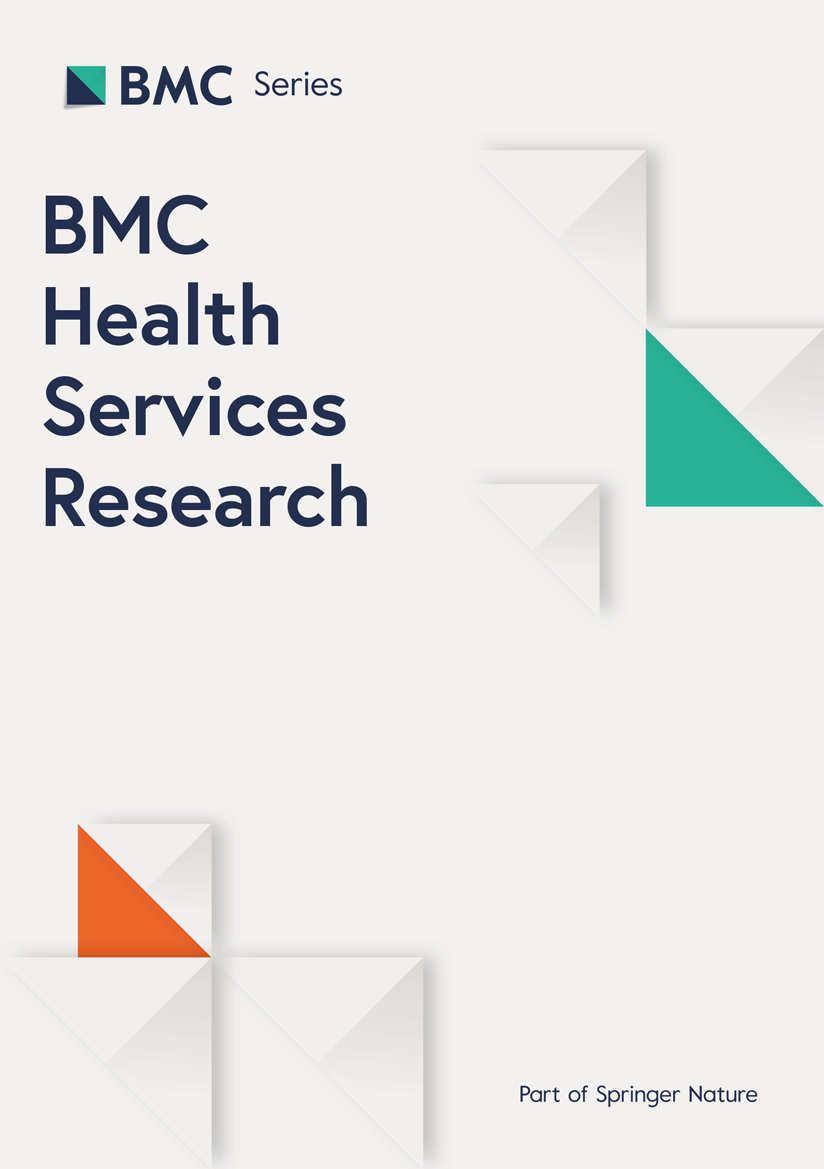
"Home care services, with the aim to support older adults in their homes, faced intense external pressure to create sustainable working conditions for staff during the COVID-19 pandemic. Studies have indicated elevated burnout and stress among residential care staff, and it is likely that similar challenges exist in home care services. Overall, the consequences for staff's work environment and health under the extremely strained conditions of the COVID-19 pandemic merit closer examination."
"five focus group interviews (FG) were held in northern Sweden during spring 2022. Open-ended questions were delivered via a semi-structured interview guide. Thematic analysis was used to guide data analysis. Expanded and unclear responsibilities characterized the work environment during the pandemic. This was summarized into four sub-themes: my own health was jeopardized; a wind of change towards more responsibility; struggling between being a lifeline and being contagious; and organization and management as facilitators or hindrances."
"The findings underscore the importance of management strategies and organizational preparedness to support staff's mental health and mitigate challenges during crises. The health risks associated with increased workload, stress, and mental burdens were evident in the narratives. The study emphasizes the need to strive for a good work environment, set priorities to reduce workloads and mental stress, and incorporate time for recovery among staff during crises."
Home care services aimed to support older adults experienced intense external pressure to maintain sustainable working conditions for staff during the COVID-19 pandemic. Five focus group interviews in northern Sweden, conducted in spring 2022 with open-ended questions and semi-structured guides, provided in-depth accounts analyzed using thematic analysis. Staff described expanded and unclear responsibilities, increased workload, and jeopardized personal health. Narratives highlighted tensions between acting as a lifeline for older adults and the risk of contagiousness, and described organization and management as either facilitators or hindrances. Management strategies and organizational preparedness are essential to reduce mental burdens, prioritize workload, and allow time for staff recovery during crises.
Read at BioMed Central
Unable to calculate read time
Collection
[
|
...
]